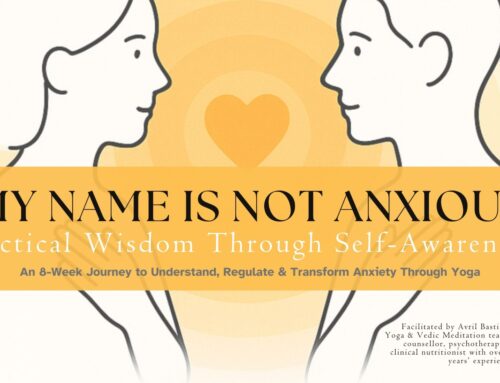Women’s Mental Health: A 2024 Perspective
Research by the Liptember Foundation in 2024 highlights how Australian women’s mental health is shaped by various factors. Personal circumstances play a role, but physical health, financial stress, work challenges, relationships, and societal expectations are equally influential. These pressures shift and evolve over the course of a woman’s life. Although every woman’s experience is unique, certain mental health challenges are more common at specific life stages.
The Top Mental Health Challenges for Australian Women
In 2024, the five most common mental health issues reported by Australian women were:
- Depression (46%)
- Anxiety and generalised anxiety disorders (41%)
- Body image concerns (29%)
- Psychological distress (16%)
- Post-traumatic stress disorder (PTSD) (14%)
These challenges are often made worse by gender-specific health conditions. For instance, conditions such as endometriosis, polycystic ovarian syndrome, fibromyalgia, and menopause can deeply affect mental well-being. Physical health issues often overlap with emotional struggles, creating a compounding effect that can be difficult to navigate.
What Affects Women’s Mental Health?
A variety of factors impact women’s mental health throughout life. Some, like financial pressure, family dynamics or social expectations, are constant. Others vary depending on life stages:
- In their 20s: Women often face transitions like starting careers or moving cities. Infertility and substance abuse may also create stress.
- In their 30s: Challenges include pregnancy, postnatal depression, and financial strain. Balancing family and career often feels overwhelming.
- In their 40s: Many women are managing family responsibilities while dealing with aging parents and emerging health issues.
- In their 50s: Women might experience menopause, children leaving home, and the search for renewed purpose.
- In their 60s and 70s: Loneliness, grief, and physical health problems often take center stage. Many women also struggle with finding meaning and maintaining confidence.
Despite these difficulties, more women are seeking help. In fact, half of those experiencing mental health challenges reached out for support last year. Of those, 63% found professional help to be beneficial.
What Is Acceptance and Commitment Therapy (ACT)?
Acceptance and Commitment Therapy (ACT) is a powerful tool for managing mental health challenges. Unlike therapies that aim solely to reduce symptoms, ACT helps individuals build psychological flexibility—a skill that allows them to adapt to challenges while staying connected to their values.
Psychological flexibility involves:
- Observing thoughts and emotions without identifying with them.
- Accepting inner experiences without trying to control them.
- Acting in line with personal values, even amidst discomfort.
- Adjusting behavior to align with long-term goals.
By cultivating mindfulness, self-compassion, and emotional resilience, ACT helps individuals create space for their experiences rather than being overwhelmed by them.
How Can ACT Support Women’s Mental Health?
ACT is particularly supportive for women navigating life’s complexities. It offers tools to:
- Make space for difficult emotions: Rather than fighting against pain, ACT encourages openness and acceptance.
- Be present in the moment: Mindfulness techniques help women focus on the here and now, rather than dwelling on the past or worrying about the future.
- Challenge unhelpful thoughts: By defusing from negative thought patterns, women can see their struggles from a fresh perspective.
- Reconnect with values: Identifying what truly matters empowers women to take meaningful, courageous steps toward fulfilling their purpose.
Engaging with ACT can help women reframe their internal narratives, transforming struggles into opportunities for growth and greater fulfillment.
Are You Ready to Take the First Step?
If you’re feeling overwhelmed—by personal or professional pressures, physical or emotional pain, or the transitions in your life—help is available. Reach out to Nina at 0432078899 for a compassionate space to explore new ways of engaging with life, guided by your values.
Meet Nina Isabella

- Fertility, pregnancy, and motherhood
- Menopause and identity shifts
- Chronic health conditions
- Loss, grief, and transitions
Using evidence-based approaches, including ACT, Nina creates a safe, inclusive, and trauma-informed environment where women can explore their challenges with warmth and empathy. LEARN MORE
Contact Nina:
BOOK ONLINE
0432078899
ninaisabella.com.au
In-person: Kundalini House in Fitzroy North and Kyneton
Telehealth available
For more content, follow @the.womanly.counsellor
References:
Uncovering the Reality: Examining Multi-dimensional Aspects of Women’s Mental Health in Australia 2024. https://www.liptemberfoundation.org.au/2024-womens-mental-health-research
Harris, R., (2021). Trauma-focussed ACT. A practitioner’s guide to working with mind, body & emotion using acceptance & commitment therapy. Context Press. link









Leave A Comment